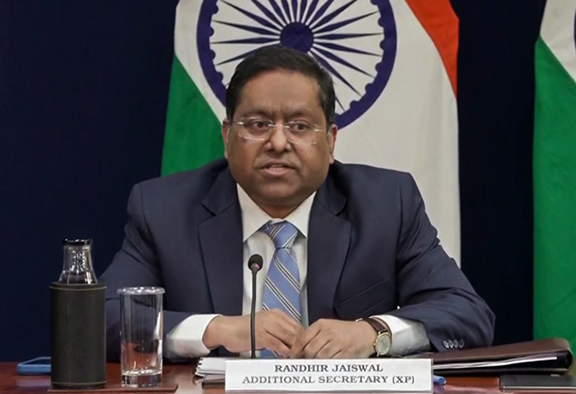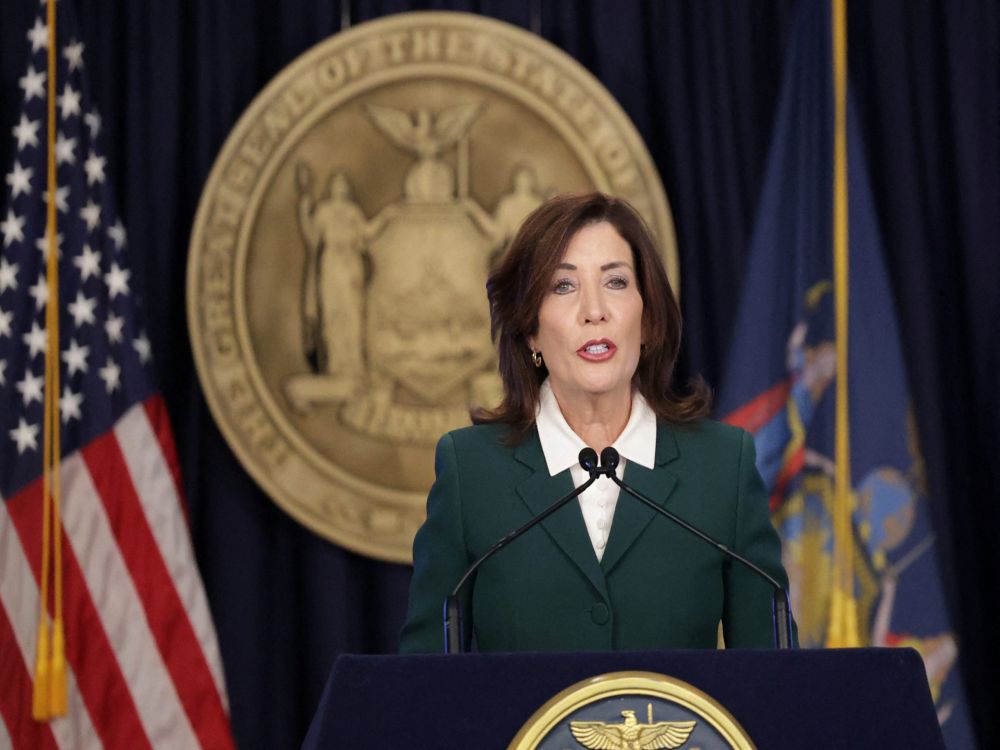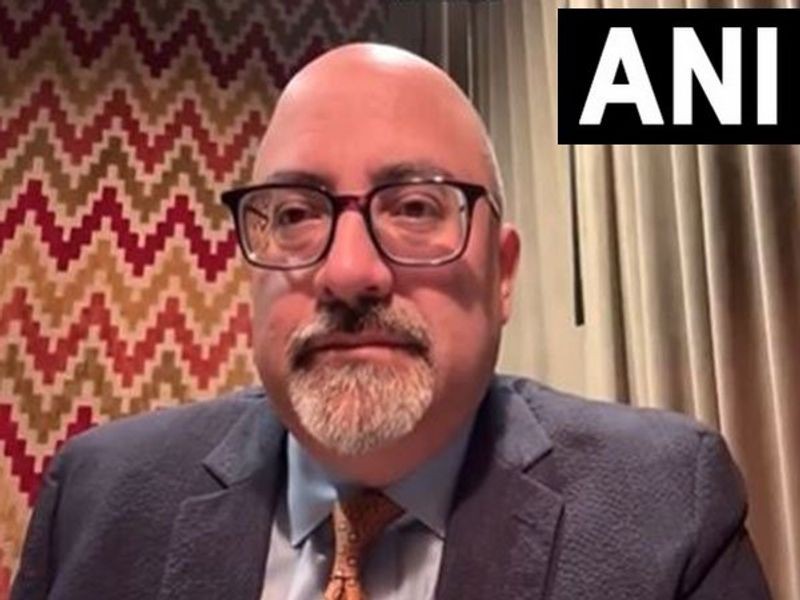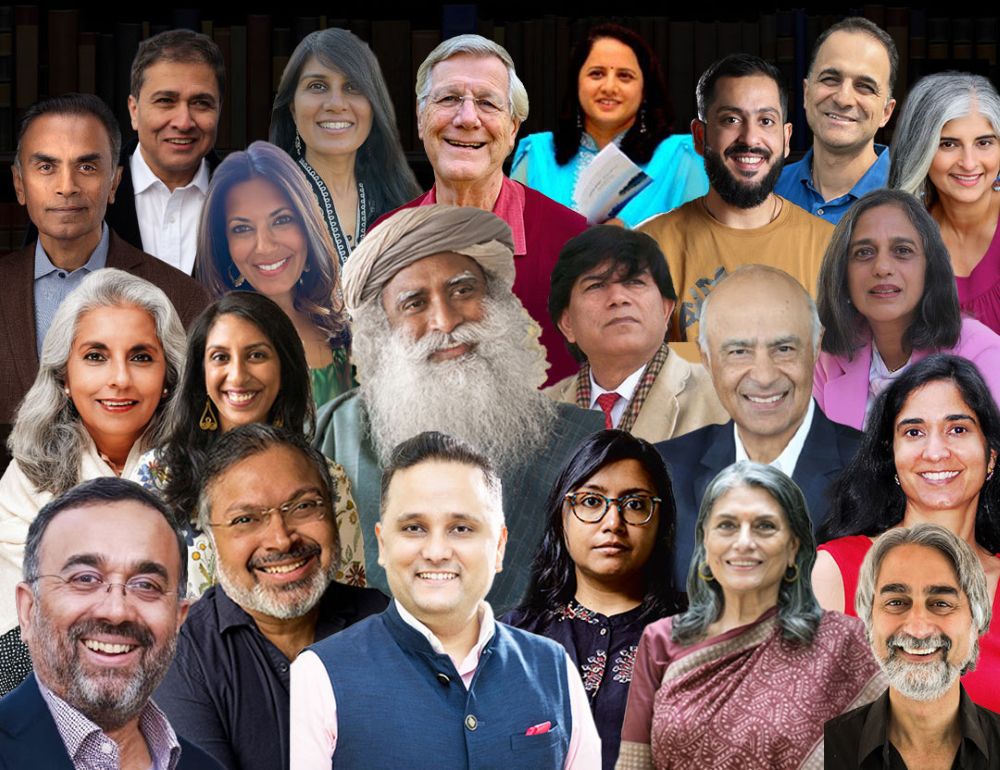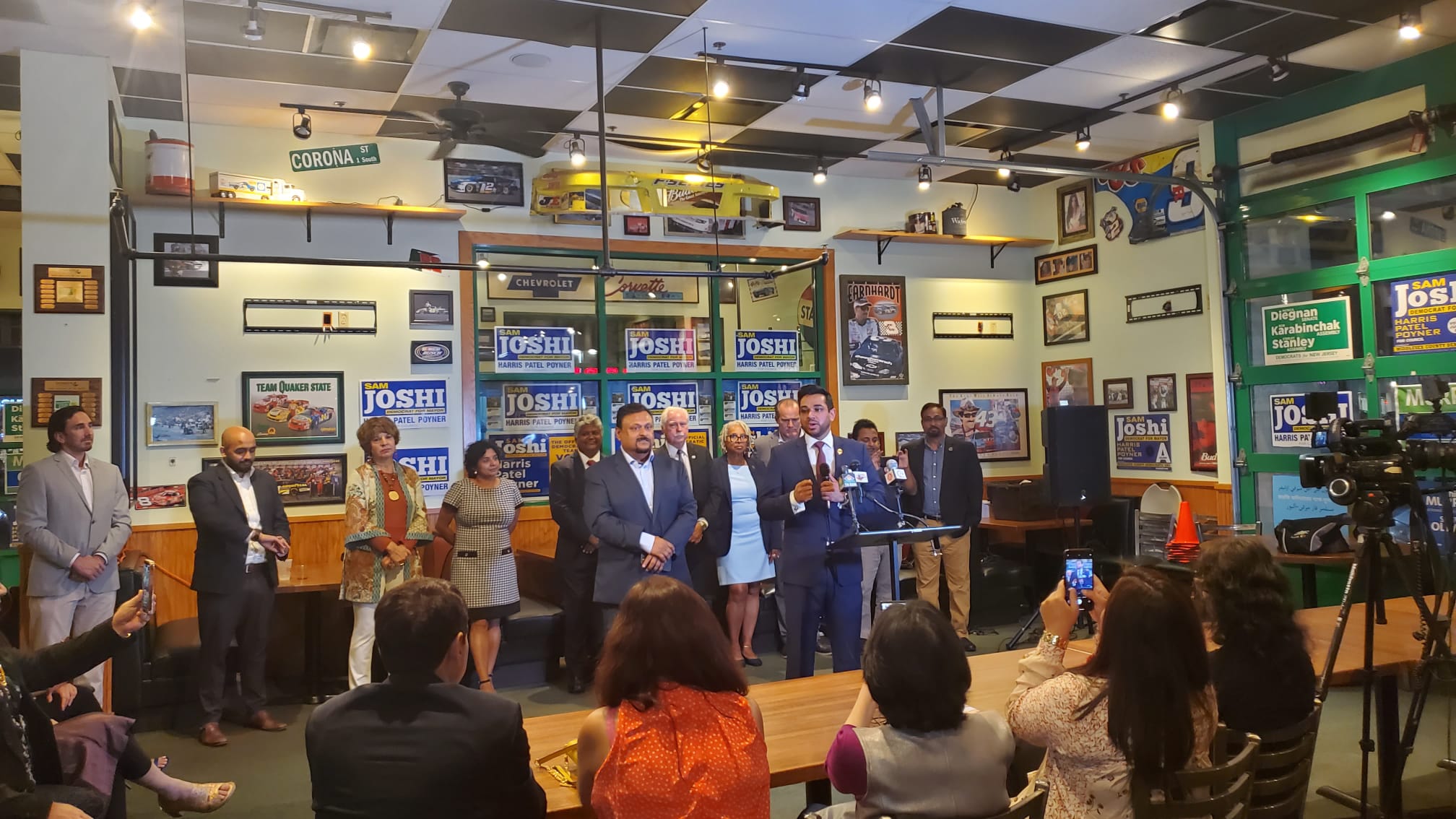Fitch Ratings said in a report that tariff revenues will help narrow the US budget deficit in 2025, but the hit to economic growth are likely to limit any fiscal benefit
Our Bureau
Washington, DC/New Delhi
US Secretary of the Treasury Scott Bessent on Wednesday addressed the immediate increase in tariffs of 125 per cent on China, stating that the issue is not just about the country but also about “bad actors” in global trade during a press briefing at the White House.
During the briefing, along with the White House Press Secretary Karoline Leavitt, Bessent stated that trade negotiations amid the reciprocal tariff announcements were mainly taking place with “China’s neighbors” like Japan, South Korea and India.
“Well, it’s about bad actors. And what we see is some of the very early countries are China’s neighbors that we’re going to see. I’ve seen Vietnam today. Japan is in front, South Korea and India. So, we will see. And as I’ve repeatedly said, and President Trump has been saying for four years, China is the most imbalanced economy in the history of the modern world, and they are the biggest source of the US trade problems. And indeed, they are a problem for the rest of the world,” Bessent said.
“I’m not calling it a trade war, but I am saying that China has escalated, and the President responded very courageously to that, and we are going to work on a solution with our trading partners,” he added.
This statement came as the Ministry of External Affairs (MEA) on Wednesday addressed the ongoing trade discussions with the United States, with spokesperson Randhir Jaiswal highlighting the efforts towards a mutually beneficial trade agreement.
In response to recent tariff announcements, Jaiswal reiterated that India is carefully studying the implications and engaging in reciprocal discussions with the US trade teams. While addressing a weekly press briefing on Wednesday, Jaiswal said, “On the 3rd, we had a detailed press release issued by the Ministry of Commerce, in which India’s position was made clear. We are studying the implications of the tariffs that have been announced.”
He added, “Reciprocal tariffs and discussions are ongoing between India and US Trade teams for an expeditious conclusion of a mutually beneficial multi-sectoral bilateral trade agreement. India values its comprehensive global strategic partnership with the US and is committed to working closely with it… Both teams are in discussion and hopefully we can close it.”
Earlier in the day, External Affairs Minister S Jaishankar responded to the debate over tariffs imposed by US President Donald Trump. Speaking at the News 18 Rising Bharat Summit, Jaishankar said that India’s strategy was clear and that it would engage with the United States on a bilateral trade agreement, which could conclude by the fall of this year. Jaishankar said that India’s strategy has been to engage with the US in fructifying the bilateral trade agreement.
The EAM noted that as every country is tariffed, each is fashioning its own strategy to deal with the US.
Meanwhile, US President Donald Trump on Tuesday said that countries affected by US tariffs are eager to negotiate and make deals with him, offering to do anything to secure an agreement. While speaking at the National Republican Congressional Committee, Trump said he was a better negotiator than Congress.
But Fitch Ratings said in a report that tariff revenues will help narrow the US budget deficit in 2025, but the hit to economic growth and additional tax cuts are likely to limit the size of any lasting fiscal benefit.
The credit rating firm added that stabilizing US debt and GDP will be challenging as long as long-term spending pressures remain unaddressed. The tariffs announced on April 2 raise the US Effective Tariff Rate (ETR) to about 25 per cent, compared with the already sharp increase to 18 per cent assumed in Fitch’s Global Economic Outlook for March 2025.
It remains to be seen whether product-specific exemptions, mostly covering pharmaceuticals and semiconductors, are maintained, and if retaliatory measures see trade tensions escalate further, the credit rating firm said.
















